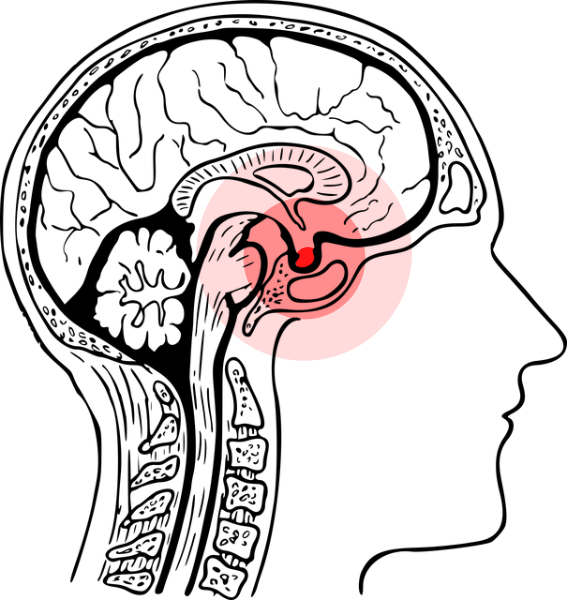
Amygdala
Your amygdala [ah-mig-dah-lah] is located in the limbic part of your brain. You have two of these structures, one in each hemisphere; roughly a few inches in from either ear.
About the size and shape of an almond, your amygdala are responsible for regulating your emotions. They also serve as an “early warning, rapid response system.”
Potentially dangerous things in your environment register in this part of the brain and trigger the release of stress hormones cortisol and adrenalin compounds. These hormones in turn cause your body to experience a fight, flight, or freeze response. This physiological and psychological response includes:
- Physical sensations such as faster heart rate and breathing, sweating, muscle tension, and other effects
- Emotions of fear or anger; Worried thoughts or planning escape routes
- Behaviors of acting big, loud, and scary, leaving the situation, or trying to appear small and invisible
When Your Amygdala Deceives You
These natural, automatic processes occur whenever the primitive part of your brain recognizes – or thinks it recognizes – a threat or attack.
For example, you’re out on a walk and there’s a stick beside the pathway that for a second looks like a snake. Or you’re driving your car and an oncoming car swerves slightly, making you think it might cross into your lane. Or remember a time you were carrying something fragile and it wobbled as if about to fall? That burst of energy and reflexes is thanks to your danger detection system, aka amygdala.
The problem arises when your amygdala become overly vigilant in identifying “danger” Many situations in modern life can be stressful and uncomfortable, but not life-threatening. Yet, our amygdala haven’t really evolved to keep pace with everyday society and its frustrations and anxieties.
If your amygdala become over-active then your reflexive reaction is going to be ineffective and unproductive. It might actually have a negative impact on your well-being or your relationships.
In terms of your relationships, this over-activity might show up like this: Someone you care about says something that sounds critical or hurtful. Instead of checking out your assumptions and giving calm feedback, you try to protect your hurt feelings by lashing out or withdrawing from the connection.
Re-Training Your Amygdala
But you can learn to soothe your amygdala, and to reset your early warning system to a calmer baseline.
All it takes is a little practice! Spend some quality time with your amygdala, guiding it to relax, slow down, and lighten up. Below is one of several techniques I teach my clients. (Hint: The key is to involve your 5 senses.) Practice it twice a day for a week, you will have a good start on being able to help yourself shift from upset and distress towards composed and serene.
Picture your amygdala inside your brain. Now imagine it bathed in a soft golden light (or any color you prefer). Think of this light sparkling along your neural pathways, spreading a sense of peace. Concentrate on feeling this sense of tranquility moving through your body, relaxing your muscles. Slow your breathing so your exhale takes more time than your inhale. Ahh..



